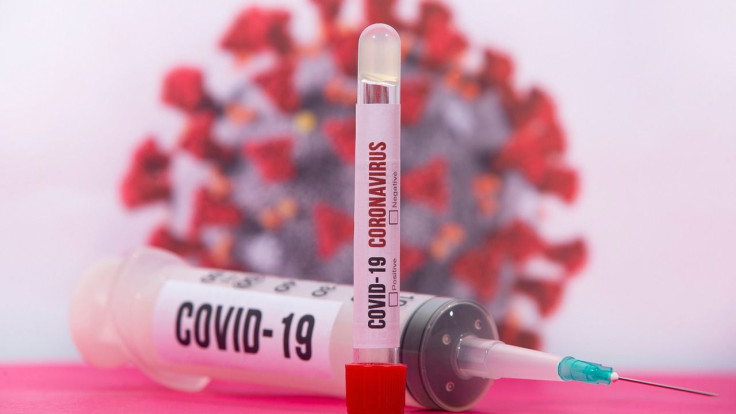Cost Of Coronavirus Vaccine Pegged As High As $39 A Dose, Unclear How Many Doses Needed To Be Effective

KEY POINTS
- The Centers for Disease Control and Prevention keeps a vaccine price list and the projected costs for the coronavirus vaccine are on the low end
- Six vaccine candidates currently are in phase 3 clinical trials
- Experts worry the development timeline has been compressed too far
Once the Food and Drug Administration approves widespread distribution of coronavirus vaccines, the shots will cost anywhere from $4 to $39 a dose, contracts between the U.S. government and various drugmakers indicated Wednesday.
“We will be responsible on price,” Moderna CEO Stephane Bancel said on an earnings call, the Wall Street Journal reported. Moderna, which has never brought a drug to market, is in clinical trials with an mRNA vaccine developed with the help of the National Institutes of Health and already has received about $950 million in U.S. funding.
Currently, there are six vaccine candidates in phase 3 clinical trials out of more than 165 under investigation. The Trump administration has said it expects to have one or more approved before the end of the year despite concerns among experts that the compressed timeline could pose problems.
The U.S. government has signed billion-dollar contracts with Johnson & Johnson, Pfizer/BioNTech, AstraZeneca, Novavax and Sanofi/GSK for hundreds of millions of doses should any of their candidates prove safe and effective against coronavirus. None has yet been cleared by the FDA.
Pfizer and Moderna are hoping for emergency use approval within weeks.
The Centers for Disease Control and Prevention keeps a vaccine price list. The most costly is the HPV vaccine at $228 a dose for adults. An influenza shot costs $16 to $26 in the private sector.
In the past, vaccine development has taken years, but the Trump administration initiated Operation Warp Speed in a bid to compress the timeline to less than a year. Phases of clinical trials have been running concurrently rather than consecutively to speed things along.
“There’s a real danger in approving a vaccine that doesn’t work well enough,” Natalie Dean, an assistant professor of biostatistics at the University of Florida in Gainesville, told NBC News. “We have to do it right the first time. The public trust is very important in the long term, and people need to be confident that it’s an adequately effective product.”
She said she doubts a vaccine will be available by the end of the year.
The FDA has said it needs to be sure any potential vaccine will be at least 50% effective to gain approval, meaning it would have to prevent infections in half the people who receive it. Trials so far have involved only small groups of test subjects. The first 30,000-person trials began last week.
It was still unclear whether people will need more than one dose of any vaccine to protect against COVID-19 or how long protection from coronavirus will last.
An AP-NORC survey indicated more than half of people either don’t plan to get the vaccine or are unsure whether they will get it once it becomes available. More than 80% of the public would have to be immune for herd immunity to kick in.
© Copyright IBTimes 2025. All rights reserved.






















